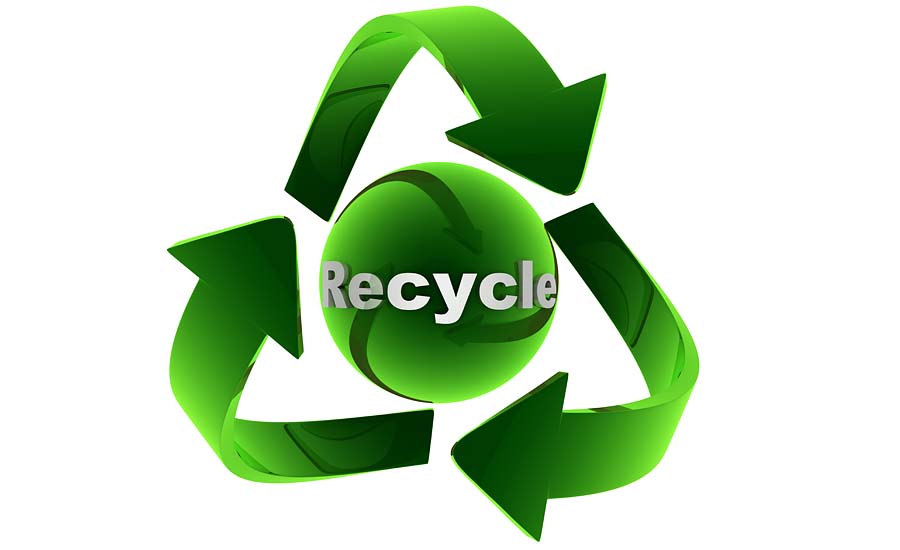The Centre for Sustainability and Excellence (CSE), Chicago, released the Top 10 sustainability-based trends to watch and prepare for in 2018.
- Role of technology. Between smart grids, smart supply chains and smart transport, i.e., electric trucks, trains and cars, reliance on artificial intelligence (AI) will increase. This can be good or bad, depending on whether programmers know to code for sustainability.
- Cities plan for climate change. Now that the insurance sector acknowledges the risks of climate change, local governments will increasingly prepare themselves as well. Coastal cities planning for sea-level rise or any town planning for natural disasters such as hurricanes, sinkholes, tornadoes, blizzards or fires must put sustainability plans in place or face uninsurable liability.
- Cultural divide. Besides the haves and have nots, expect a divide between those who do and those who don’t. This includes recycling, eating meat, using plastic bags, driving big cars, reusing/reducing and more. Fortunately, retailers will offer more sustainable products to attract both.
- Corporate breakdown of silos. Corporations will increasingly integrate sustainability across departments, product lines, R&D, manufacturing, infrastructure and more. Assimilating sustainability will become essential to ameliorate corporate woes and increase profitability.
- Fake news drives real news. With so little trust in media, companies, non-government organizations and governments will increasingly depend on externally assured self-reporting of their sustainability successes and challenges. As stakeholders become disillusioned and distrustful, sustainability reporting must prove itself – real metrics with quantifiable goals. And, all of it must be verified by an outside source.
- Cross-company collaboration. Many of today’s pressing issues are simply too complex to solve alone. An even bigger traction of companies – and competitors – will partner to advance whole-scale change.
- Sector-wide collaboration with consumers. Acknowledging the power of strength in numbers, companies in specific industries will continue to band together to accelerate progress on shared issues. For example, the food and beverage industry has aggressively tackled transparency, with major players arming consumers with additional information, such as nutrition facts, production (organic, non-GMO), shipping and handling (human rights) and sustainability efforts.
- Generation Z influence. Generation Z will hold companies to high standards. Much like their Millennial counterparts, Generation Z is focused on the impact companies have on the world.
- Companies align initiatives around United Nations SDGs. The Sustainable Development Goals call for action by all UN member states to promote prosperity while protecting the planet. By aligning around the 17 goals and their smaller targets, corporations will take on major sustainability initiatives specific to company values. The SDGs are also going to change and enhance the future of sustainability reports.
- More sustainability-related jobs. Sustainability-related jobs will be created, not only in large companies, but also in benefit corporations and green startups.


